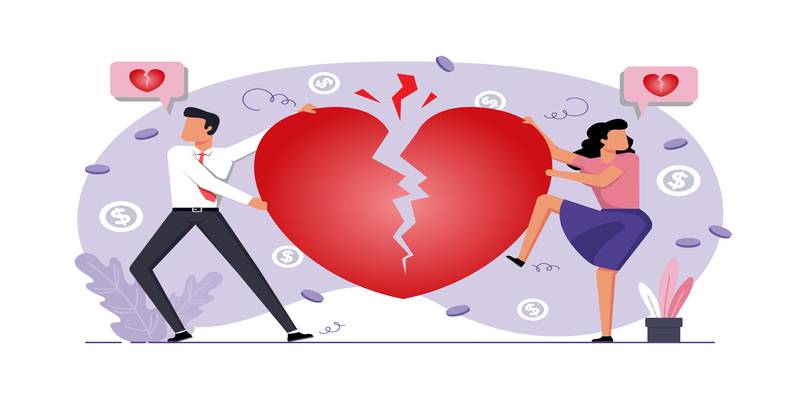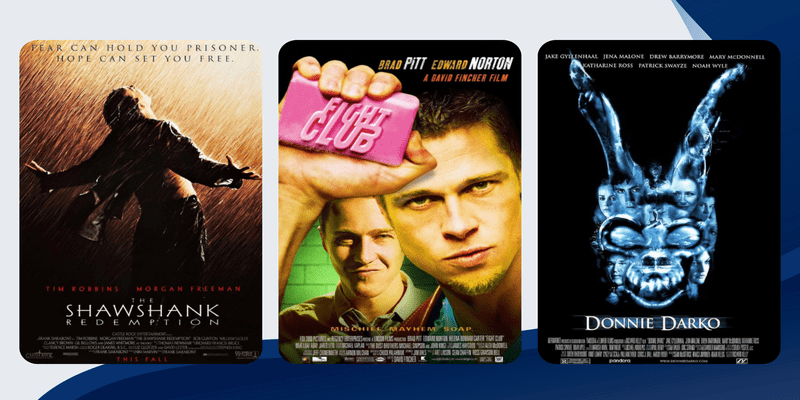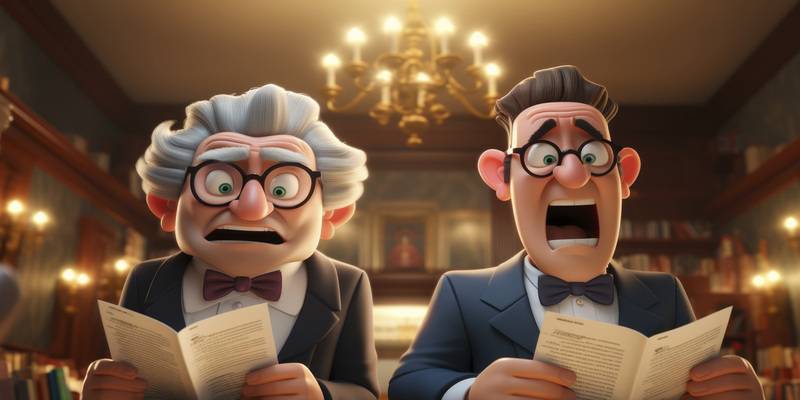Grieving a loss of togetherness

Romantic relationships are layered brick by brick with hopeful companionship while witnessing each other’s life in real-time. When we begin
knowing someone romantically, our lives become mouldable to welcome this refreshing investment of feelings, time and becomingness. As we continue welcoming another person into our life, we become more familiar with the psychological stability two people bring. This psychological stability helps us in making meaning out of our social world. The comfort of knowing, blankets both people together and we rely, more than we accept, heavily on it in our daily lives. Not only this, our actions stop being just our own property. They evolve as the actions of our partners evolve. This co-regulation of our emotions takes deeper roots in the process of witnessing a life together. We preview our life through their lenses and someone witnessing us brings a sense of belonging. It shouldn’t come as a surprise that a breakup feels as real as any loss we incur in our lives.
Whether a breakup was anticipated or sudden, it goes beyond simple and quick discontinuation of conversations and proximity. We all have experienced this sudden sense of void, both in our structured routines and metaphorically in our hearts. We are either aggressively pulled towards underwhelming moments or overwhelming moments. Post-breakup, losing a partner holds its own raw grief that should not be overlooked as an everyday event.
Each person holds a unique place in our hearts and so, each heartbreak will bring its own grieving story. A relationship is deeply embedded in our routine and has its own secure social cues. During the process of heartbreak, we realise that the environmental safety cues we came to depend upon have suddenly become absent.
The feeling of security that a relationship brings becomes abruptly inaccessible for use. The time we allocated to talk and meet them is now empty, the comfort of relying on them after an emotionally exhausting day is no more present and if we come across something that they adore, we cannot share it anymore. Every moment of realisation, big or small, becomes a tangible void that we learn to see, feel and reflect on. The physiological impact of a breakup weighs heavily on us too. Our daily patterns of sleep, food intake and mood become fragmented and we live in a continuous state of agitation brought forward by this disorganised routine. The impact of delayed or reduced sleep at night, constant ruminating thoughts of loss and a reduced sense of control brought by a void of a relationship can affect our physical health. We all have been there, haven’t we?
Not everyone will grieve heartbreak in the same way. Each individual adds their own colour to their process of grieving and moving forward. Going out with friends, downloading a dating app, venting out in front of friends and strangers, letting minds (and nights) fill with what-if thoughts, casual hook-ups or sudden drop of socialisation, we relentlessly search for closure or completion of the story.
Guiding a heartbreak into healing
Understanding grief of heartbreak
While processing a breakup, we grieve the end of a relationship that had its own flavours of hope, comfort, expectations and desires. The undoing we do while grieving is not linear in movement and is not restricted by time. Accept that grief will move you differently, at your own speed and time. Often, we try to minimise the grief attached to it. It is important to allow ourselves time to exist in a safe space and not rush into unplanned things.
Remember, reflect, resurface
A breakup surfaces our feelings of being rejected. We pass through multiple stages of grief in utter disbelief and often before acceptance comes, we swirl back and forth between denial, bargaining, anger, guilt and depression. Feelings of self-doubt magnify when we have more questions than answers: why did it end, what did I do wrong, what he/she/they did wrong and so on. Our sense of self seems to lose its balance.
In order to begin a journey of healing:
Remember: In the early moments of a breakup, we tend to remember things differently. We are more fixated on what is lost without weighing the value of what is gained in return. While processing such pain, we always rush to fondest memories and replay them often in our minds. Moving on involves taking a step back and viewing both the good and not-so-good side of the story. Two people deciding to part ways may also mean inviting a more rich experience into your lives.
Reflect: In our rush to reach closure, we often fail to give our heart and mind space to reflect on the relationship. You should decide your own speed to face the heat and ask important questions to yourself. Every breakup has the potential to teach us more about ourselves and how we can grow from this experience. Reflect on the patterns of your behaviour, what worked for you and what did not, what expectations you have from yourself and your next relationship. Take responsibility for your actions while navigating and letting go of the guilt it may bear with it.
Resurface: User-friendly dating apps make it easier for us to create a profile within few minutes. Most favourable advice during heartbreak is to step back from dating and resurface once you are feeling more attuned to yourself. Each new individual will bring new investments and you might have to revisit the already depleted energy pool. Conserving your mental and physical well-being is crucial so that when you are ready to resurface, you have clear intentions.
Connecting with oneself: The popular advice ‘time will heal your wounds’ needs a re-investment with your own self. Take out time to engage in activities that creatively enrich you. Spend time with yourself and take part in activities that help you become more confident with your alone-ness. It is also important to reach out to your supportive community to remember that you are still loved and cared for. You can also reach out to your local city counsellor or psychologist to help you process this.
Unknowing someone romantically is a journey we often have to undertake. Our decisions and actions play an important role in recovery. Letting go doesn’t mean that what you had was never important. It means you are choosing yourself, repeatedly every day. Learn more about your self and overcome the obstacles.






